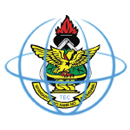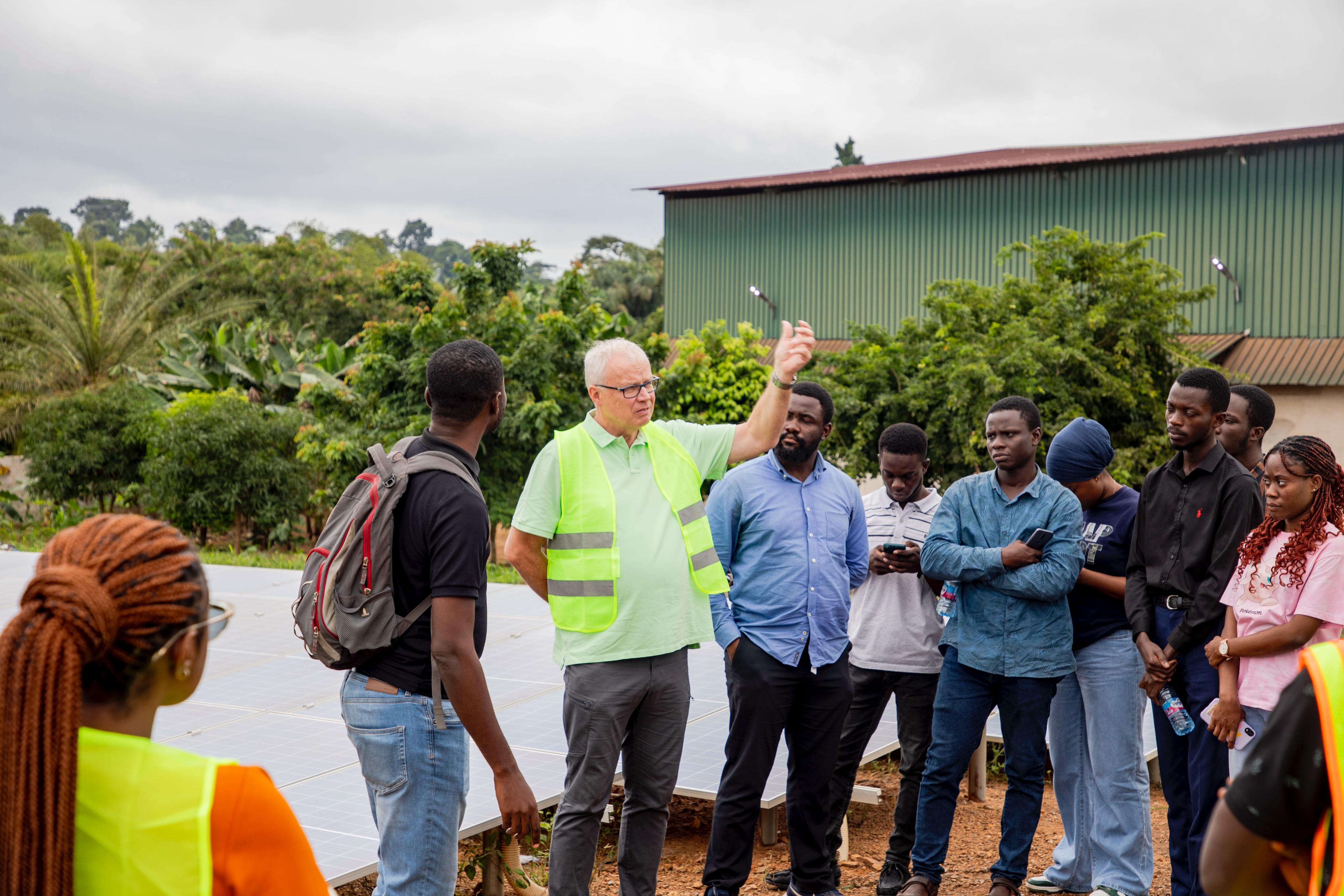The TPA short course on "Climate Change and Energy Transition," held from 26th to 30th August 2024, was a significant educational event organized by The Brew-Hammond Energy Centre in collaboration with Total Professeurs Associés (TPA). The course aimed to equip participants with a comprehensive understanding of the critical issues surrounding climate change and the ongoing global energy transition. The program brought together a diverse group of students to explore the multifaceted challenges and opportunities presented by the shift towards more sustainable energy sources and systems.
The course was facilitated by Mr. Pascal Petteau, a distinguished mechanical engineer from the Faculté Polytechnique de Mons in Belgium. With his extensive experience in the fields of energy systems and mechanical engineering, Mr. Petteau provided invaluable insights into the technical, economic, impact and policy aspects of energy transition. His lectures were particularly focused on the importance of transitioning from fossil fuel-based energy systems to renewable and low-carbon energy sources as a critical strategy in mitigating the adverse effects
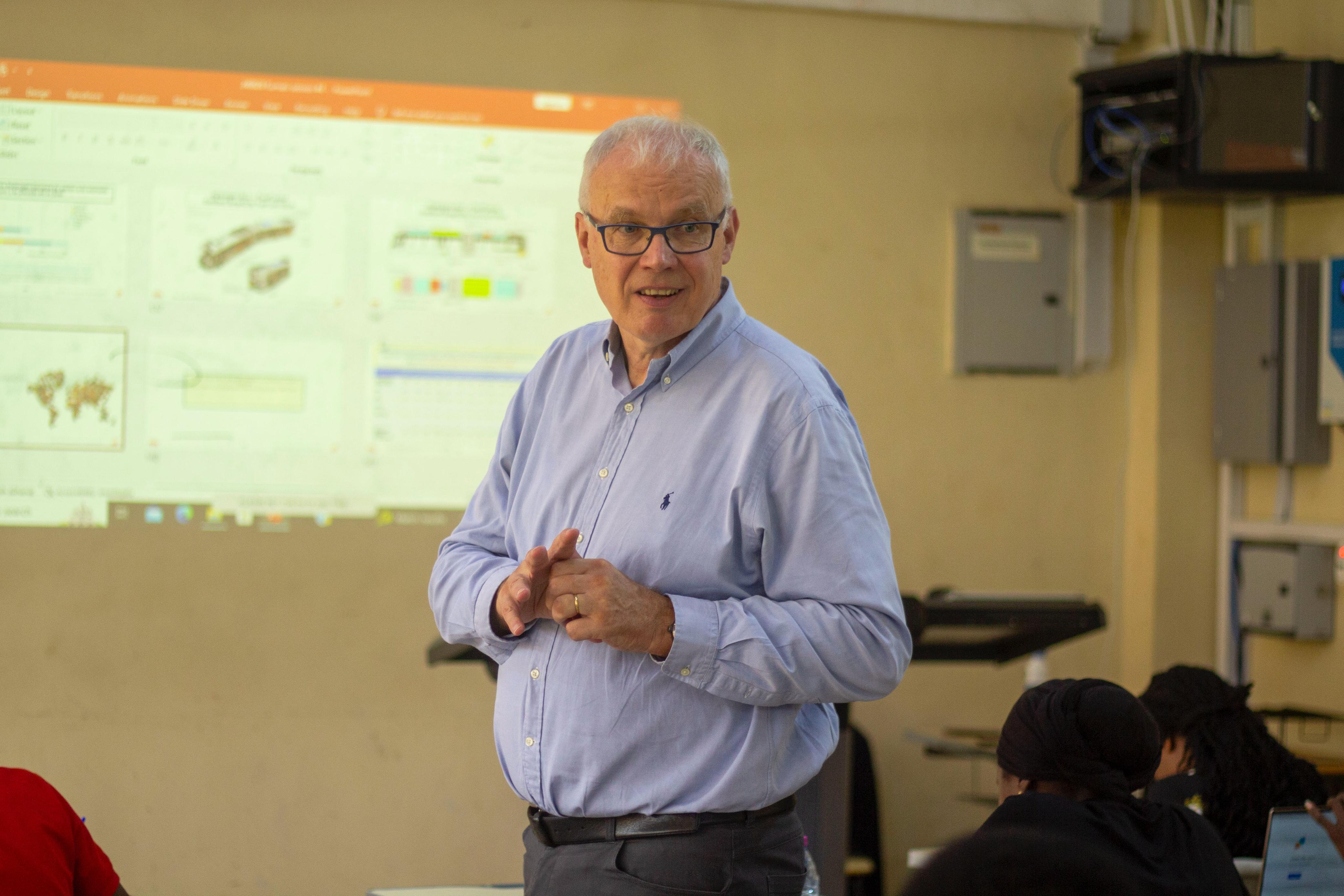 Mr. Pascal Petteau teaching
Mr. Pascal Petteau teaching
Throughout the course, participants engaged in a series of interactive sessions that covered various topics, including the role of renewable energy in reducing carbon emissions, and the challenges of integrating these technologies into existing energy infrastructures. These discussions were supplemented by case studies that highlighted successful energy transition projects from different parts of the world, providing practical examples of how theory can be applied in real-world scenarios.

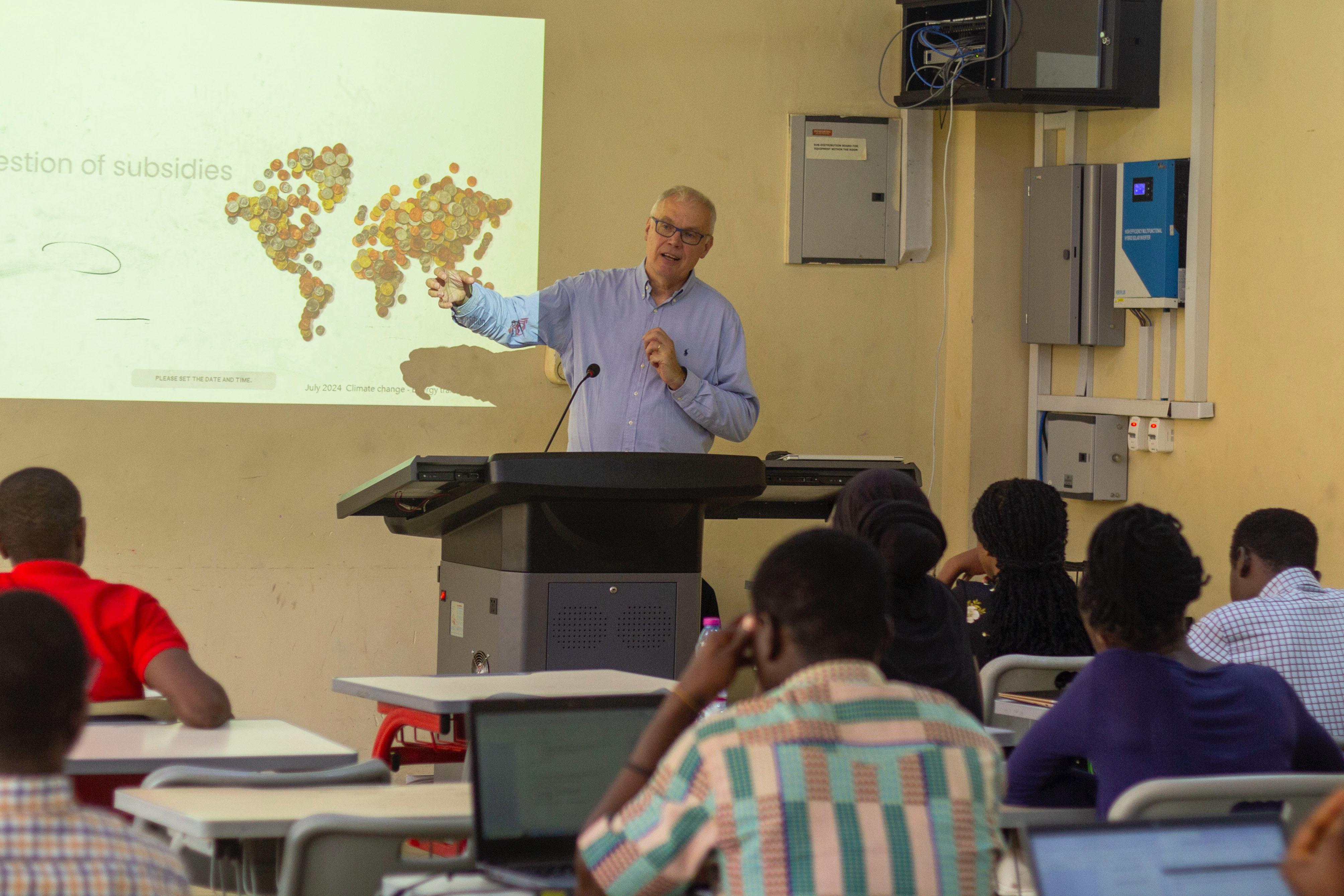 Class in session
Class in session
A key component of the course was the emphasis on the importance of policy and regulatory frameworks in driving the energy transition. Prof. Petteau highlighted the need for supportive government policies, financial incentives, and international cooperation to accelerate the adoption of clean energy technologies. He also highlighted the role of innovation and technological advancements in overcoming the technical challenges associated with the large-scale deployment of renewable energy systems.
The course concluded on a field trip to Vester Oils on Friday, 30th August 2024. This visit provided participants with a unique opportunity to observe firsthand the operations of a facility involved in the production of oil, with solar as their energy source for production. The company provided provide a captioninsightful education on the urgent need for energy transition. The field trip was an eye-opening experience, as it allowed participants to witness the practical application of many concepts discussed during the course.
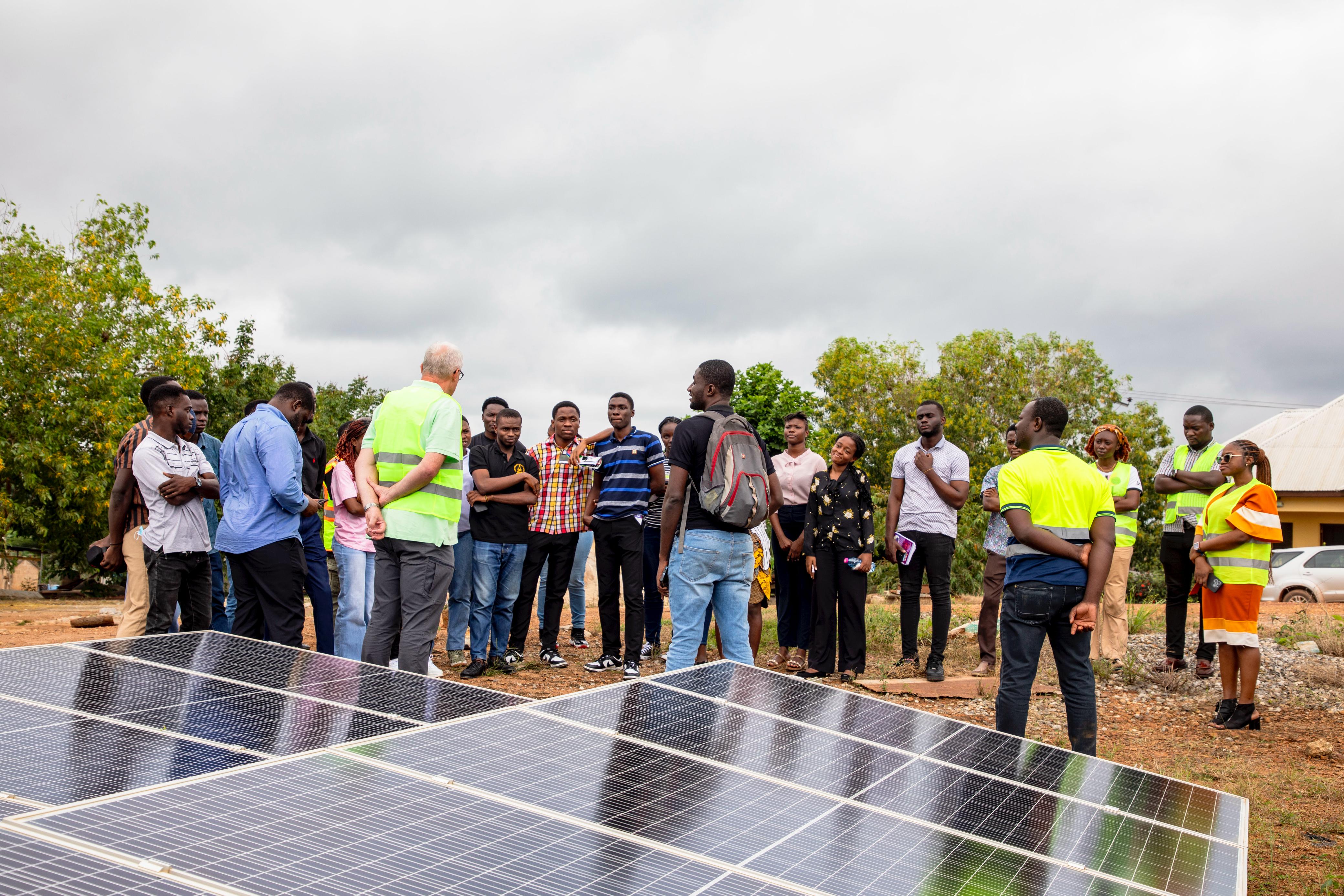 Participants at the solar plant at Vester Oil Mills
Participants at the solar plant at Vester Oil Mills
In conclusion, the TPA short course on Climate Change and Energy Transition was a loud success, offering participants a well-rounded understanding of the complexities and imperatives of the global energy transition. The participants were given a written test to 4 write four proposals for the reduction of CO2 emissions in Ghana.
